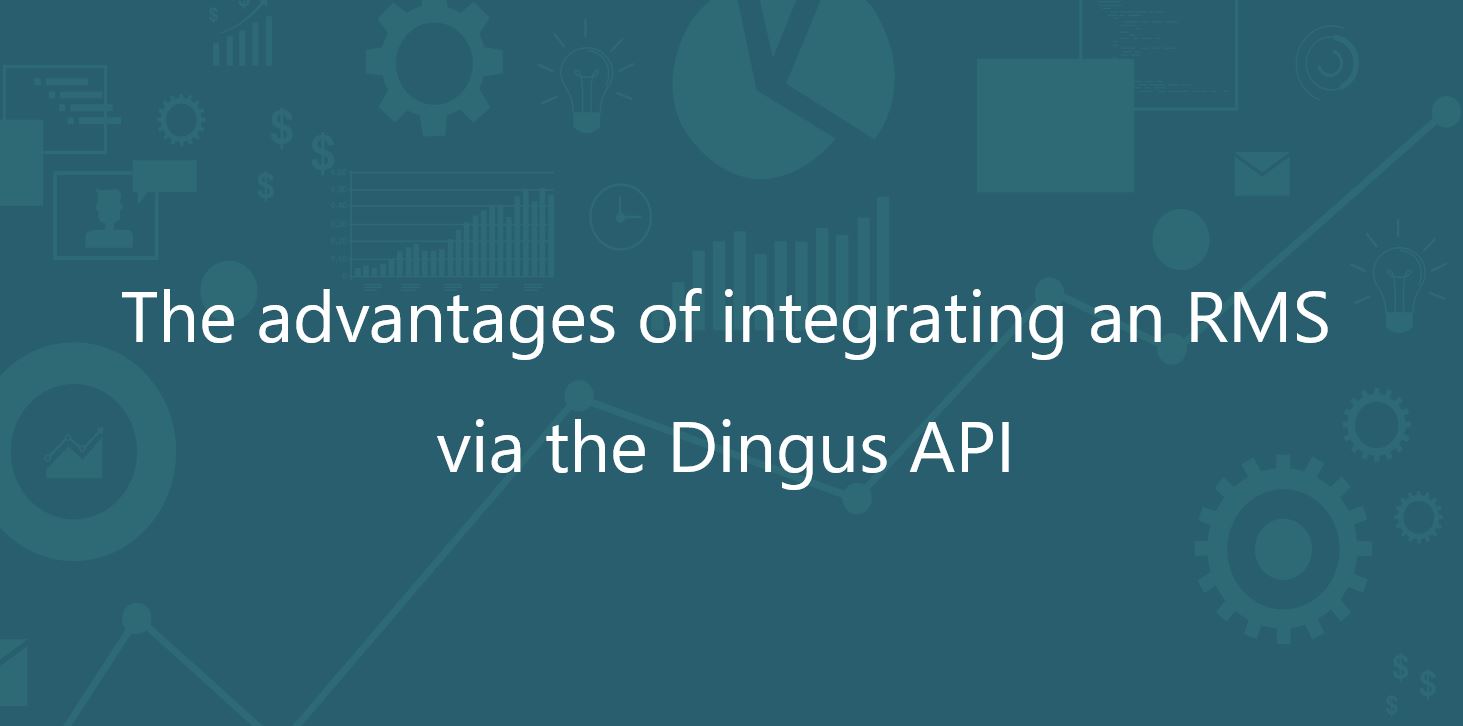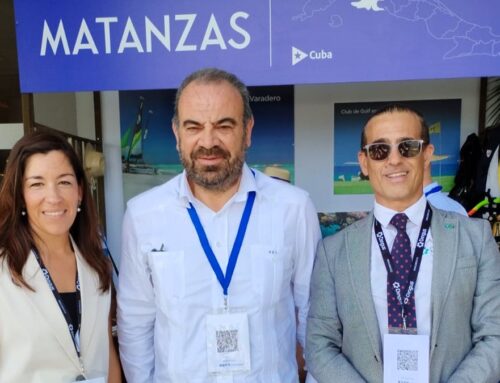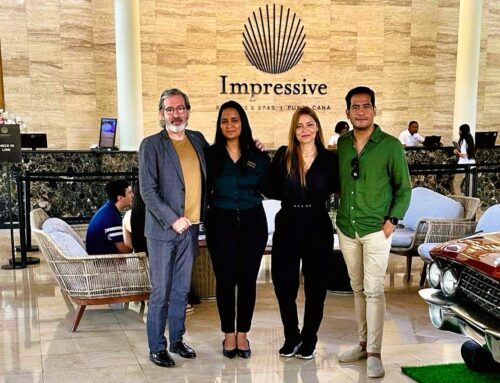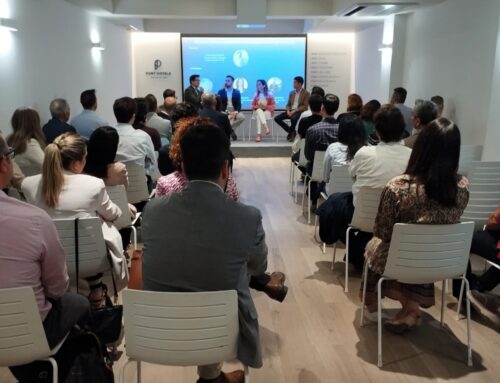- The latest Dingus webinar brought hotels closer to the enormous possibilities of intelligent price recommendation, distribution automation, dynamic pricing strategy and machine learning, thanks to the Revenue Management System
- The online meeting allowed us to see how our distribution map includes integrations with many solutions that directly or indirectly impact the hotel’s sales strategy, such as chatbots, shoppers, upgrade applications or RMS itself
Revenue Management Systems (RMS) have become a technology option to help companies in their sales strategy and maximize revenue. Currently, not only are they used by airlines and large chains, but they are also becoming an important part of the management of other small and medium sized companies, independent hotels and other companies in sectors such as restaurants, car rentals, leisure, etc. And why? Simply because they provide important support for decision-making.
Among its features, the last Dingus webinar highlighted four:
- Intelligent price recommendation, which helps hotels to define their pricing strategy, as well as to update and adjust it according to each market situation
- Automation of distribution, which means freeing hotels from having to perform certain manual and laborious tasks. By mechanizing them, possible errors are eliminated and, in addition, work teams are given more time for other strategic and decision-making tasks, which in the end are what really contribute to productivity
- Dynamic pricing strategy, since working on them is a key premise for having an RMS. Especially when, increasingly, rates are being made more flexible to adapt to demand, the type of customer, the channel or even the competition
- Machine Learning: RMS works on the basis of this ‘automatic learning’ technology thanks to the fact that from a large amount of massive data (Big Data), these systems learn autonomously in order to make predictions so that the hotel can make intelligent, effective and agile decisions
The main conclusion of Dingus, with a clear strategy and line of work that relies on data beyond decision making, is that it is necessary to respond to somewhat abstract uncertainties such as what will happen now, or what would happen if…: it is a matter of providing answers that can be considered as value-added services when it comes to increasing competitiveness. And that is where the question of why to integrate an RMS through our API comes into play.
API integration: all advantages
the API (Application Programming Interface) is nothing more than a mechanism to connect two software programs, making it possible for them to communicate with each other. And the greater the information capacity between the two systems, the better the exchange. So Dingus, in order to adapt to the changes demanded by the technological market and to anticipate the needs of our clients, has made its own development of API connectivity with which it has achieved not only the integration of sales channels but also that of the majority of third parties, such as PMS, Chatbots and RMS, keeping all connections up to date.
What are the advantages of this development? Mainly fast and flexible connectivities that favour competitiveness and technological growth of hotels and tourist properties, promoting innovative solutions.
The result? Manual data entry errors are minimized, because it is the system that makes the necessary changes automatically. It also saves time and allows you to maximize operational resources, such as updating the total quota, available rooms, closing and opening sales by quota group or room, updating prices by room and person, or updating prices by children (taking into account their position or age range) and updating prices for individual use and extra adults. And all with a quick setup.

In this Dingus webinar with our colleagues María Ferragut, Ángel Cáceres and Susana Minguell from Mallorca, Alicante and Gran Canaria, the participants also received information about the guarantee in the transactions regarding the consolidation of all the reservations in their system in a fast and reliable way; the expansion of the distribution map that allows this new way of managing the business by having a greater number of sales channels to connect with; the bidirectionality, the exchange of information regarding quotas, prices and reservations between two systems (in our case the CRS which is Bookincenter) and the PMS, and, above all, the freedom of choice that we make possible: the client connects with everything he decides, because each Dingus API allows to link any system with BiC.
This virtual meeting would not have been possible without the participation of our customers, interested in knowing the possibilities of products and services that we make available. For all of them, these weeks we have intensified the activity of webinars with a global approach to share training and information in especially difficult times for all. And so, we advance that we are already preparing the next one about ‘Management of promotions: how to make profitable the prices of accommodation through promotional actions in Bookincenter’. Soon we will open the registration.
#We’reWorkingOnTheDayAfter











